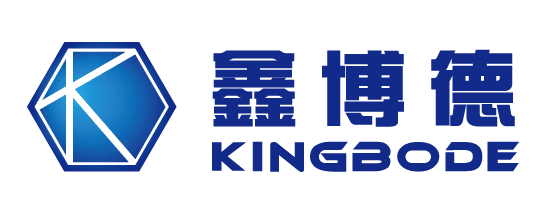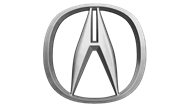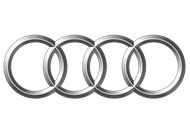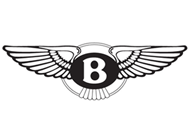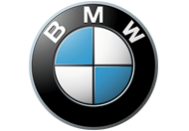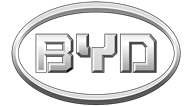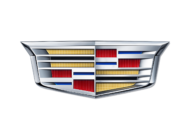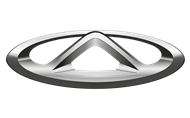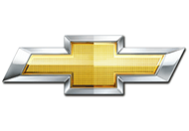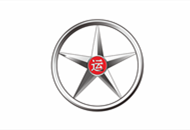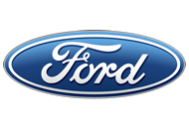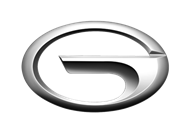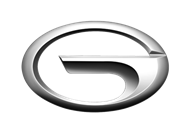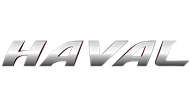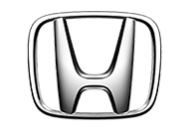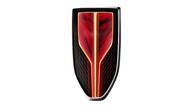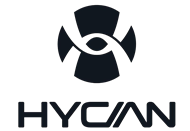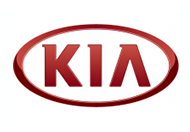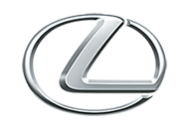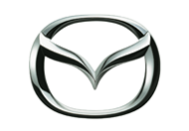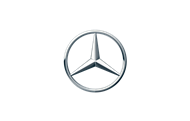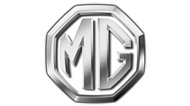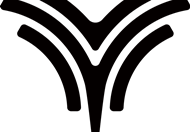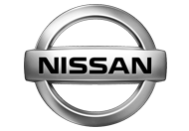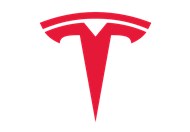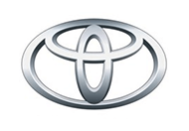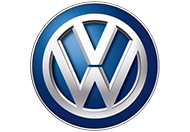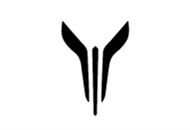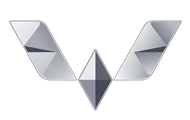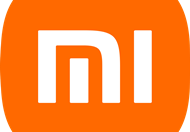Rising Tide of Chinese Electric Buses in Europe Amid EU Tariffs
KINGBODE AUTO supplies all Chinese electric vehicles or hybrid vehicles, our company strength is its competitive pricing and excellent supply chain management with extensive inventory of new vehicles.
As the European Commission’s recent anti-subsidy investigation unfolds, a significant gap in the market has been highlighted: electric buses from China are not subject to the tariffs imposed on Chinese electric vehicles (EVs). This omission has paved the way for Chinese manufacturers to make significant inroads into the European electric bus market, a sector that is increasingly seeking cleaner and more efficient alternatives to traditional diesel buses.
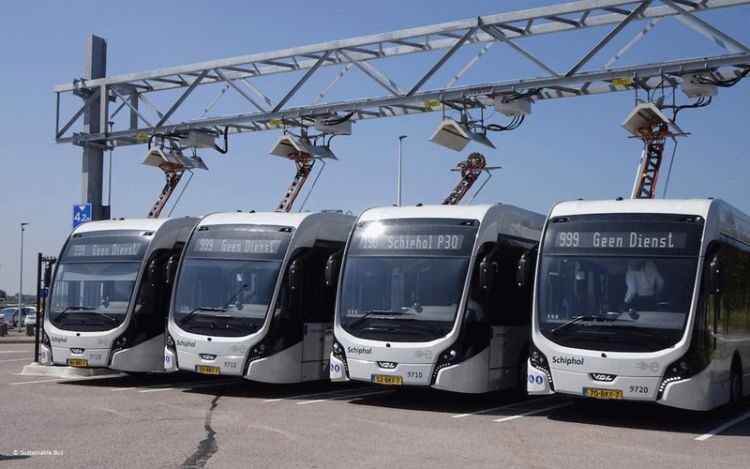
Mika Takahashi, a technology analyst at IDTechEx, points out that while Chinese EVs face tariffs ranging from 17.4% to 38.1%, the exclusion of buses from these measures has allowed Chinese manufacturers to sidestep the EU’s protective barriers. According to IDTechEx’s report, “Electric and Fuel Cell Buses 2025-2045: Markets, players, technologies and forecasts,” Chinese manufacturers already hold a 28% share of the European electric bus market, a figure that is expected to grow.
The success of Chinese electric buses in Europe can be attributed to several factors. Firstly, the Chinese government’s substantial subsidies and industry preparedness for an electric shift have placed the country decades ahead in electric bus adoption. Secondly, the decrease in domestic demand due to the end of subsidies and market saturation has prompted Chinese manufacturers like BYD and Yutong to seek new markets abroad, with Europe being a prime target.
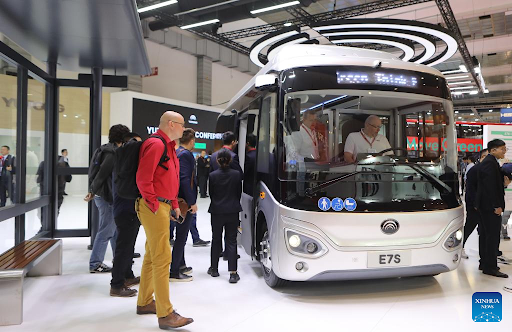
The absence of tariffs is expected to further strengthen the position of Chinese electric buses in Europe. As Takahashi emphasizes, “The bus market is highly price-sensitive, and fleet decisions are primarily driven by economics.” Chinese manufacturers, who have been producing electric buses at scale, have achieved significant cost reductions through economies of scale, making their products more competitive.
Moreover, the centralized production process in China allows these manufacturers to lower battery costs, the most expensive component of an electric bus. This competitive advantage is further bolstered by the absence of tariffs, which is likely to increase the market share of Chinese electric buses in Europe.
However, the European market is not without its own contenders. German manufacturers MAN Bus & Truck and Mercedes have experienced their best electric bus sales to date, with MAN topping the sales rankings with a 16% market share in 2023. This suggests that European manufacturers may be catching up, but the playing field remains uneven due to the absence of tariffs on Chinese buses.
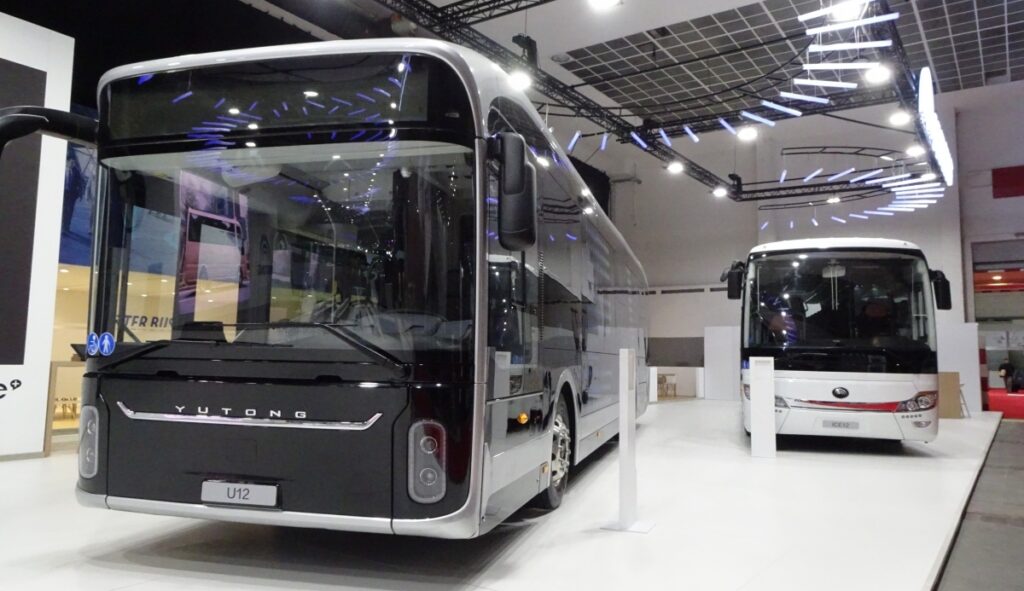
The Belgian transit company De Lijn’s 2024 order for 92 BYD buses, worth €43 million, was a significant blow to local manufacturers like Van Hool and VDL Bus & Coach, which have heavily invested in electric bus production. Van Hool’s subsequent bankruptcy filing and VDL’s call for action from the commission highlight the challenges faced by European OEMs in this competitive landscape.
As the European bus market continues to evolve, the most competitively-priced products are expected to prevail. The absence of tariffs on Chinese electric buses further benefits the prospects for Chinese OEMs, potentially reshaping the European electric bus market in the coming years.
KINGBODE AUTO supplies all Chinese electric vehicles or hybrid vehicles, our company strength is its competitive pricing and excellent supply chain management with extensive inventory of new vehicles.
Welcome to contact us for good price!
